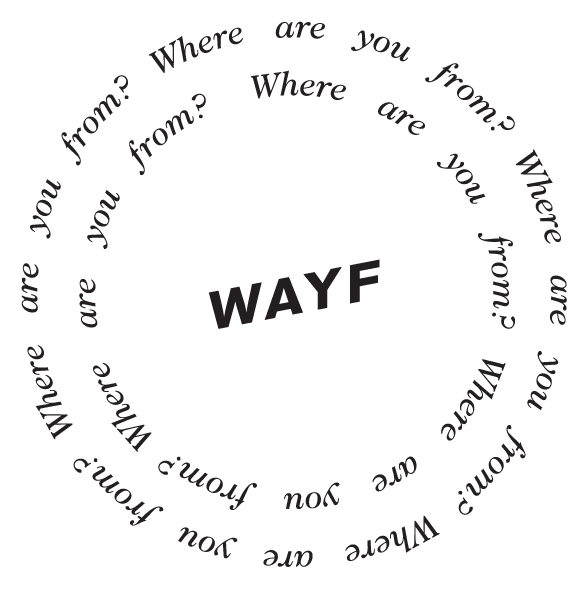Zen Lim
They asked me where I came from as they analysed my appearance and accent. Before I could answer, the guessing game begins… Korea, Vietnam, China – but none of them would fit in with my nationality, even though China would be the closest in terms of my cultural identity. Attempting to formulate a response in my head, my typical go-to answer would be Malaysia, but on this occasion, I decided to try something new and reply with, “I’m from here.”
Don’t get me wrong, I’m not ashamed of my place of birth, but my reasoning behind this response was because I felt that who I am today has been significantly influenced by the knowledge, experiences, and relationships I’ve been able to accumulate and process during my time in Australia.
Although I’ve only been in this country for 7 years, I feel like I’ve had the opportunity to genuinely experience growth in all aspects of my being through living on this land. However, shortly after I responded, the person frowned and seemed dissatisfied with my answer. They turn to me and asked once again, “But where are you really really from?” At this point, I started to feel slightly uncomfortable, not because the person had just asked me the same question again, but because I thought – is it that difficult to believe that a person of my complexion could really be from this country? After all, 15% of the population in Australia have identified themselves as people of Asian descent.
I wonder what the locals who aren’t white must feel when people ask them where are they from? There must be a strange sense of dissonance when people don’t believe that you belong to a place that you’ve literally grew up in. Is it wrong for me to decide and choose where I came from? Does this question always have to be tied to my origins, my family’s origins, and my ancestral origins? It’s weird to have to think of these responses to a question as simple as, “Where are you from?” – which I often feel only requires a one-word response…
As much as people in power would like to preach that Australia is a multicultural society, it is evident that from this brief interaction with this person that there’s only one true face to this society and it is white. It’s clear that there’s still a lot of work that needs to be done in terms of accepting multiculturalism rather than seeing it through tokenistic lenses. Diversity isn’t a showcase, it is something that I believe needs to be acknowledged through understanding the experience of others and learning how their experiences have shaped their present cultural identity and the national identity that they have elected.


